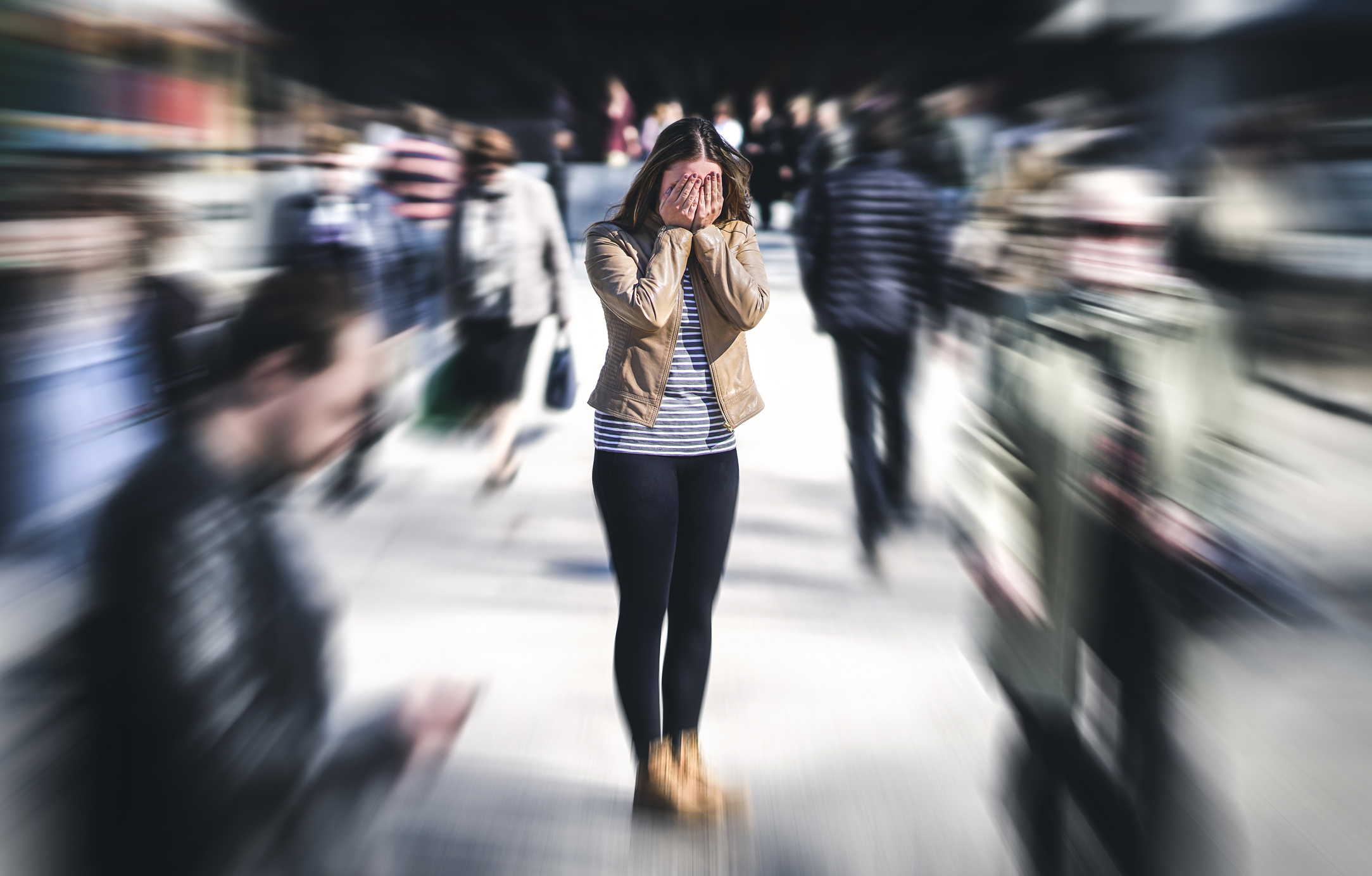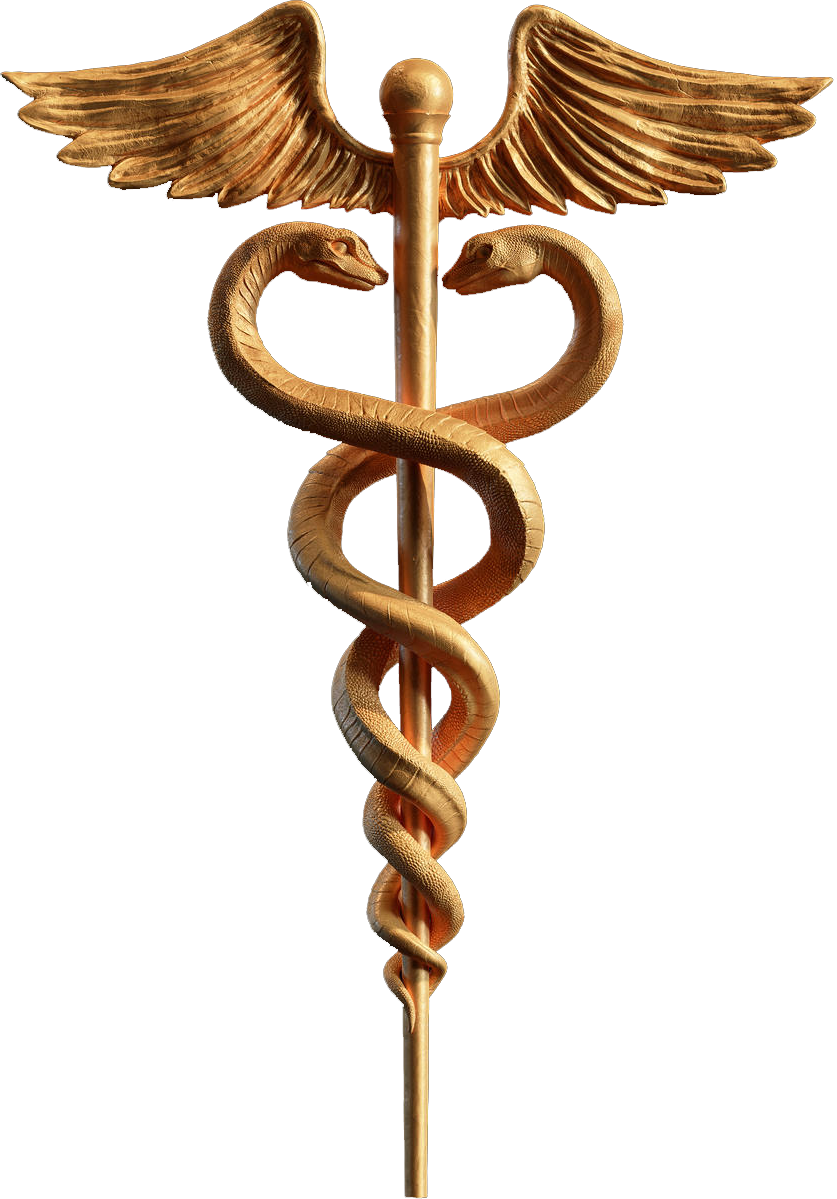
Anxiety Disorders
Anxiety Disorders are the most common form of psychiatric disorders. They are much more than anxious feelings or stress. Anxiety disorders commonly occur along with other psychiatric or physical illnesses, including alcohol or substance misuse.
Thyroid disease, diabetes, adrenal issues, sleep apnea, vitamin and nutritional disorders are just some of the medial illnesses associated with anxiety. Anxiety can be a symptom of mood disorders such as depression and bipolar. These co-occurring illnesses need to be treated before a person will respond to treatment for anxiety.
Generalized Anxiety Disorder
It’s normal to feel anxious from time to time, especially if your life is stressful. However, excessive, ongoing anxiety and worry that are difficult to control and interfere with day-to-day activities may be a sign of Generalized Anxiety Disorder.
Occasional anxiety attacks have many of the symptoms of Generalized Anxiety Disorder. These are very distressing and usually the result of an identifiable trigger or stress, such as starting a new job or being in an uncomfortable situation.
By themselves they are not enough to make a diagnosis of an anxiety disorder. If your anxiety, worry or associated physical symptoms cause you significant distress in social, work or other areas of your life you may need psychiatric evaluation and treatment.


Panic Disorder
Panic Disorder is a real illness and is characterized by panic attacks that are different from anxiety attacks. Panic attacks are not a response to a stress or uncomfortable situation. They come on without warning, peak quickly and stop after a short time.
No one can predict when or where an attack will occur, and between episodes many worry intensely and dread the next attack.
People having panic attacks sometimes believe they are having heart attacks, are losing their minds, or on the verge of death, and often go to the ER for help.
Obsessive-Compulsive Disorder (OCD)
If you have recurrent obsessive, intrusive thoughts, impulses or images that are associated with focused-repetitive rituals or behaviors, and if you feel compelled to perform time-consuming ritualistic activities for more than one hour a day you may have OCD.
OCD can cause major anxiety or distress and impair work, social or other important functions. Fear of contamination or losing control are examples of obsessions, while the need to repeatedly check, touch or count things is an example of a compulsion.


Agoraphobia
Agoraphobia is the fear of being in situations where escape may be difficult or embarrassing, or help might not be available in the event of panic symptoms.
Untreated agoraphobia can become so serious that a person may be unable to leave the house or can’t go out on your own.
A person with agoraphobia experiences this fear in two or more of the following situations:
Social Anxiety Disorder
A person with social anxiety disorder has significant anxiety and discomfort about being embarrassed, humiliated, rejected or looked down on in social interactions.
People with this disorder will try to avoid the situation or endure it with great anxiety. The fear or anxiety causes problems with daily functioning and lasts at least six months.
Common examples are extreme fear of public speaking, meeting new people or eating/drinking in public.




